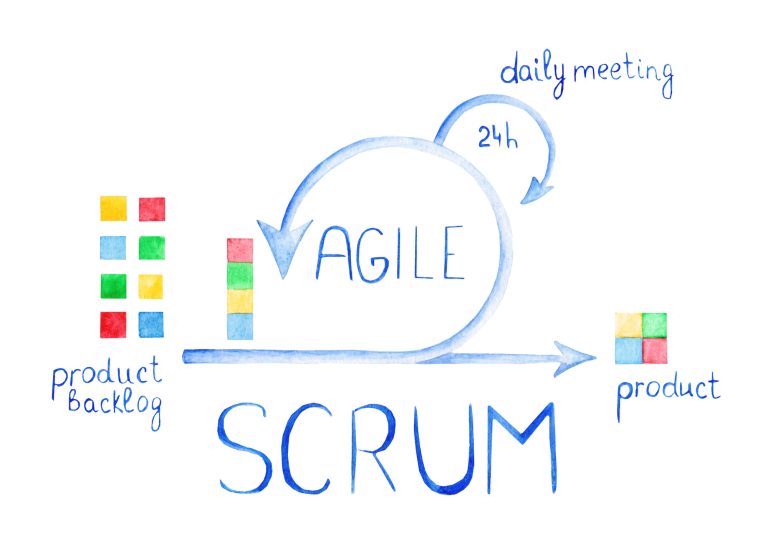A Short Guide to Different Types of Health Certifications

Medical certifications protect both employees and employers.
The number of certifications available to employees in the healthcare industry varies. From food safety to mental health, the industry offers a variety of options. These are tailored toward specific needs.
Some certifications can also be used toward maintaining or renewing your professional license. We will explain the most common health certifications and why you may want to invest in one.
The benefits and opportunities are too good to pass up! Let’s get started with the different types of certifications.
Table of Contents
Certified Coding Specialist Physician-Based (CCS-P)
This certification validates the expertise of certified coding professionals. It also provides coding personnel with the skills necessary. This is to reduce errors and improve patient outcomes. The CCSP certification includes a six-month self-study program. This covers topics such as the following:
- anatomy and physiology
- coding systems and conventions
- principles of medical reimbursement
Certified Patient Care Technician (CPCT)
This helps healthcare workers provide quality patient care. This certification covers several areas of patient care. This includes the following:
- medical terminology
- infection control
- vital sign assessment
- nutrition
- pharmacology
- communication
This certification also provides the skills necessary to check patient care and safety. It also provides complete medical documentation. CPCT also ensures that healthcare workers can provide the best patient care possible.
Certified EKG Technician (CET)
This certification is for those who have completed a training program in electrocardiography. This assures that the person understands the electrical activity of the heart. This also ensures knowledge of how to perform electrocardiograms.
CET certifies they have the knowledge to read and report heart rhythms. It also includes other findings. This is an important skill that physicians and nurses depend on. They use this to diagnose heart disease and other conditions.
Certified Phlebotomy Technician (CPT)
A healthcare professional trained to collect and store blood needs this certification. They use this for lab testing and other medical purposes. CPTs have a high school diploma. They also have completed an approved phlebotomy training program. The program curriculum covers topics such as the following:
- Specimen collection methodologies
- Patient identification requirements
- Safety and medical terminology
After completing the program, CPTs must pass a certification exam. This is to be eligible to practice.
Certified Clinical Medical Assistant (CCMA)
This requires a mastery of physical and medical knowledge. It also requires a strong understanding of medical terminology. Ethical practice principles are also needed. The ability to perform medical administrative tasks is also essential.
CCMAs work in a variety of medical settings. This includes:
- hospitals
- clinics
- ambulatory care
- private practice
This is where they are responsible for providing clinical, administrative, and clerical support.
Certified Cardiopulmonary Resuscitation (CCPR)
This is an important health certification that trains individuals in resuscitation techniques. It is a quality program to prepare health professionals. It also prepares laypeople to improve patient outcomes with emergency care techniques.
CCPR education is evidence-based and consists of:
- theory
- practice
- assessment learning
The course teaches basic, intermediate, and advanced CPR skills. It also focuses on the use of automated external defibrillators. If you’re interested in CPR training and getting certified, visit https://cprcertificationnow.com.
Learn More About Different Health Certifications
In conclusion, knowing more about health certifications can benefit the individual. Investing the time and effort now can reap long-term rewards. Don’t be afraid to do your research on different certifications.
You may be surprised by what you find. So why not start now? Start researching and unlocking the many benefits of health certifications.
If you want to explore the best topics, we’ve got you covered. Check out some of our other blogs today!






